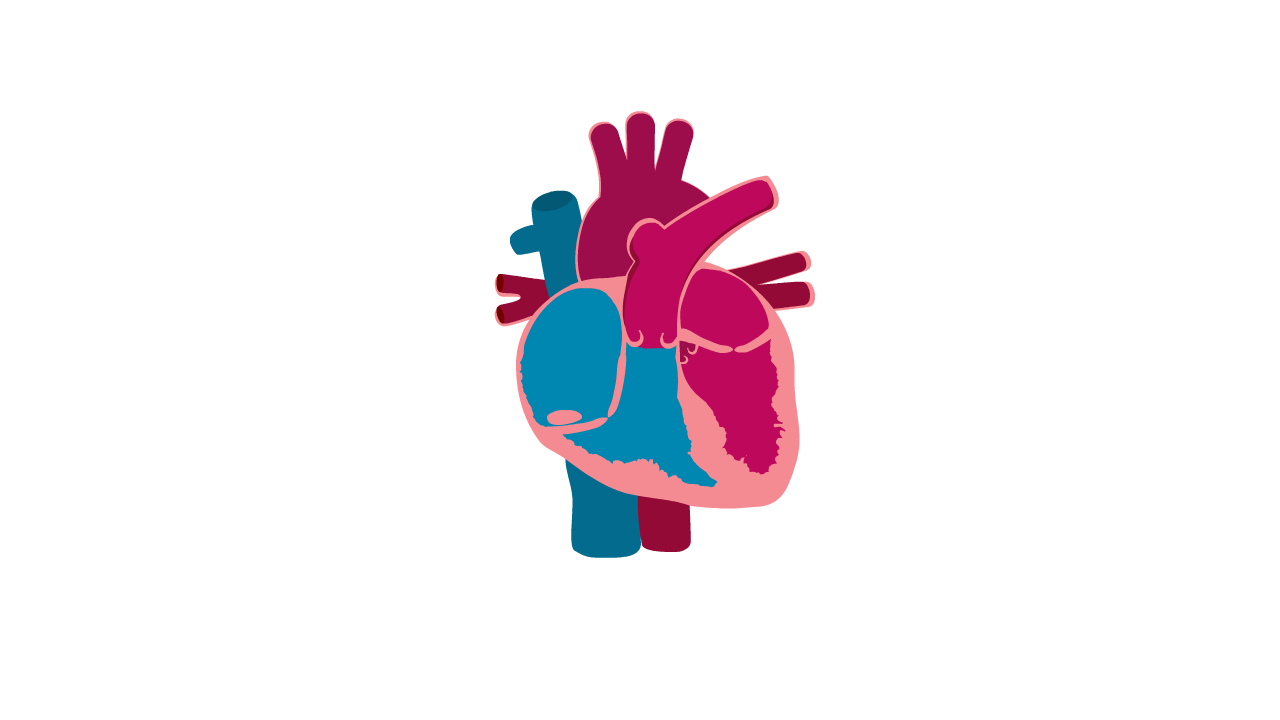
What is Restrictive Cardiomyopathy (RCM)?
- In restrictive cardiomyopathy (RCM) part of the heart becomes stiff, which restricts its ability to pump blood around the body.
- Treatment aims to support the heart and reduce symptoms.
Some people have no symptoms or very mild symptoms. But over time, the restricted function of the heart can lead to heart failure (where the heart fails to pump enough blood to meet the body’s needs).
Symptoms can include the following:
• Tiredness - due to reduced blood flow and oxygen levels.
• Shortness of breath (which might be when exercising, but can happen even when resting).
• Swelling in the abdomen and/or ankles – due to the reduced ability of the heart to pump blood.
As symptoms can be subtle to start with, diagnosis may be difficult. A diagnosis might involve some or all of the following tests.
• Medical history
• Physical exam - to look for any possible signs or symptoms.
• ECG (electrocardiogram) – to look at the electrical activity of the heart.
Although RCM cannot be cured, treatment aims to reduce and control symptoms, particularly those of heart failure. Some treatments may not be suitable, depending on the underlying cause of the RCM. Treatments may include medication, implantable devices, surgery and lifestyle management.
Heart with RCM
